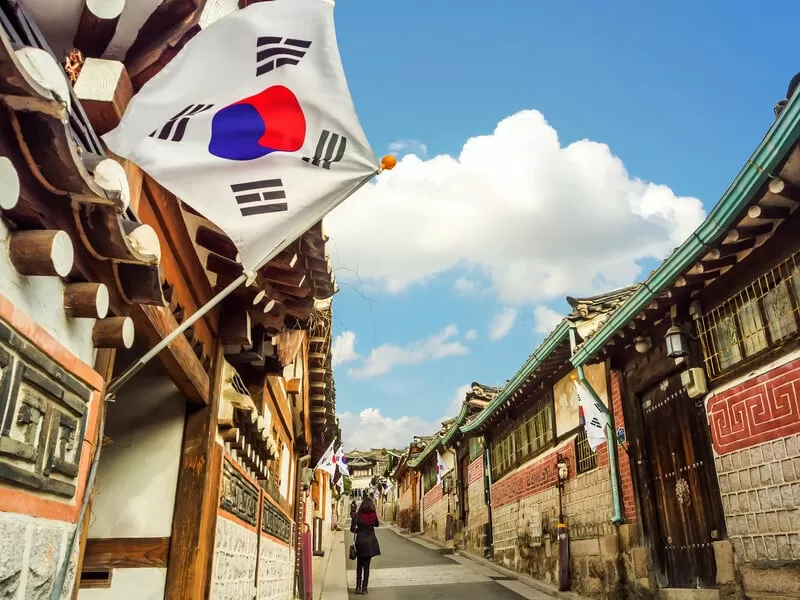South Korea Refuses to Sell Weapons to Ukraine for Confronting Russian Aggression
On November 28, South Korean news channel SBS News reported that the country has declined a request from the Ukrainian delegation, led by Defense Minister Rustem Umerov, to sell weapons for the purpose of countering Russian aggression. This decision has sparked controversy and disappointment among Ukrainian officials and citizens.
The request for military assistance was made during a meeting between Umerov and his South Korean counterpart, Defense Minister Jeong Kyeong-doo, in Seoul. According to sources, Umerov had specifically asked for anti-tank missiles, anti-aircraft systems, and other weapons to help Ukraine defend itself against Russian forces. However, the South Korean government has decided not to fulfill this request, citing concerns about potential backlash from Russia.
This decision has been met with disappointment and frustration from the Ukrainian side. In a statement, Umerov expressed his disappointment, saying, «We were hoping for support from our South Korean friends in our fight against Russian aggression. It is unfortunate that they have chosen not to stand by us in this critical time.»
The Ukrainian government has been facing ongoing conflict with Russia since 2014, when Russia annexed Crimea and began supporting separatist rebels in eastern Ukraine. The conflict has resulted in thousands of deaths and displaced millions of people. Despite international efforts to resolve the conflict, tensions between Ukraine and Russia remain high.
In light of this, the Ukrainian government has been seeking support from other countries to strengthen its military capabilities. However, the refusal from South Korea has dealt a blow to these efforts. Ukrainian citizens have taken to social media to express their disappointment and frustration, with many criticizing South Korea for prioritizing its relationship with Russia over supporting a fellow country in need.
On the other hand, the South Korean government has defended its decision, stating that it must consider its own national interests and security concerns. South Korea and Russia have a significant economic relationship, with South Korea being one of Russia’s top trading partners. The South Korean government has also expressed its desire to maintain a peaceful relationship with Russia, as tensions between the two countries have been escalating in recent years.
Despite the disappointment and criticism, it is important to understand South Korea’s decision from their perspective. The country has a history of being caught in the middle of conflicts between major powers, and it is understandable that they would want to avoid any potential backlash from Russia. Additionally, South Korea has its own security concerns, particularly with its neighbor North Korea, and must prioritize its own national interests.
However, it is also important to acknowledge the disappointment and frustration of the Ukrainian government and people. Ukraine has been a strong ally of South Korea, and the two countries have had a positive relationship in the past. The refusal to sell weapons to Ukraine may strain this relationship and could potentially have negative consequences in the future.
In conclusion, South Korea’s decision to refuse selling weapons to Ukraine for confronting Russian aggression has sparked controversy and disappointment. While it is understandable that South Korea must prioritize its own national interests and security concerns, it is also important to acknowledge the disappointment of the Ukrainian government and people. This decision highlights the complex and delicate nature of international relations and the challenges countries face in balancing their relationships with different nations.

